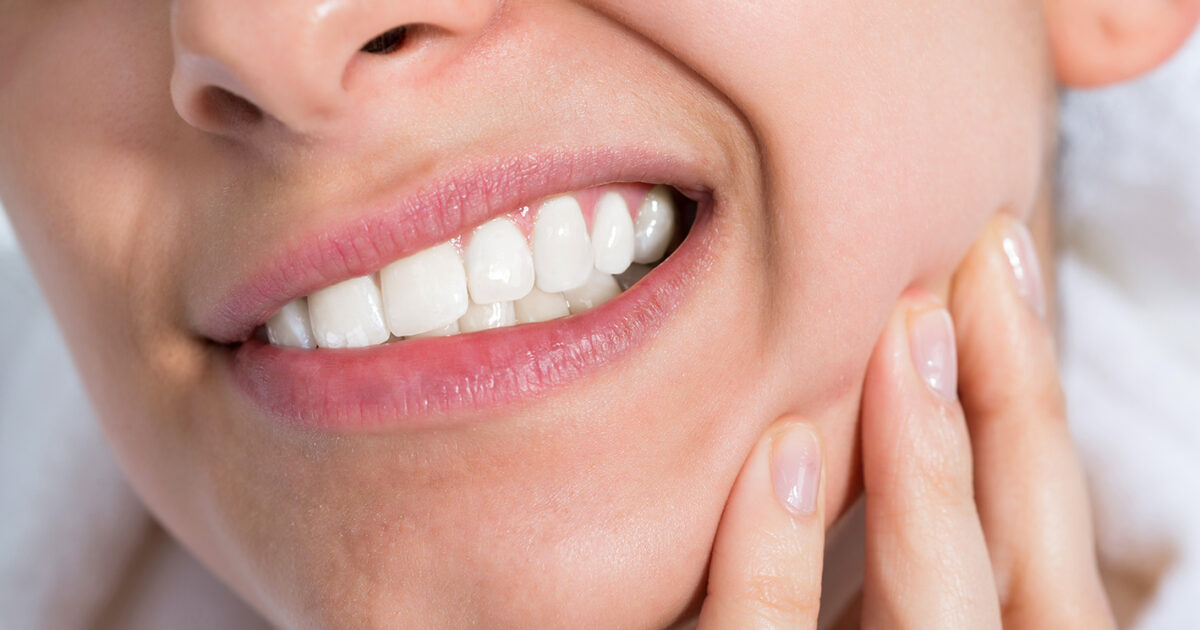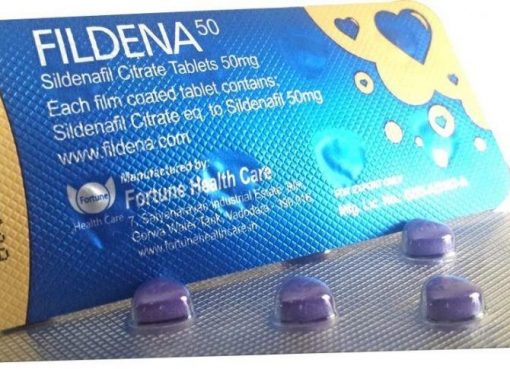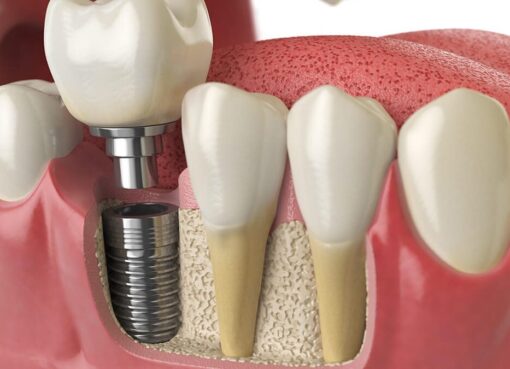Composite fillings have revolutionized the field of dentistry, offering patients an aesthetically pleasing and effective solution for restoring decayed or damaged teeth. However, despite their many benefits, some individuals may experience tooth sensitivity after getting composite fillings. There are many options available in restorative dentistry in Palm Harbor, FL. You may consult a specialist to know what suits you best.
Understanding Composite Fillings
Composite fillings are white fillings made from a blend of resin and glass or quartz particles. They provide a more discreet and attractive alternative to traditional amalgam fillings.
Causes of Teeth Sensitivity After Composite Fillings
- Microleakage: While composite fillings are bonded to the tooth structure, microscopic gaps or spaces can sometimes occur between the filling material and the tooth. These spaces, known as microleakage, can allow temperature changes and certain substances to reach the sensitive inner layers of the tooth, triggering sensitivity.
- Polymerization Shrinkage: When composite fillings are placed, the material is initially in a malleable state and is then hardened using a curing light. The process of curing can result in a slight shrinkage of the composite material, leading to sensitivity.
- Tooth Dehydration: During the composite filling procedure, the tooth may become dehydrated due to the use of bonding agents and the drying effect of the dental instruments. Dehydration can cause temporary sensitivity as the tooth’s natural moisture balance is disrupted.
- Nerve Irritation: Some individuals may experience sensitivity due to mild irritation of the tooth’s nerve endings during the filling procedure. This can lead to temporary discomfort.
- Misalignment: If the composite filling isn’t properly aligned or the bite is uneven, it can create excessive pressure on the restored tooth, leading to sensitivity when chewing or biting.
Solutions to Alleviate Teeth Sensitivity
- Fluoride Treatments: Dentists may recommend fluoride treatments to strengthen the tooth enamel and reduce sensitivity. Fluoride helps to remineralize the enamel, making it more resistant to temperature changes and irritants.
- Desensitizing Toothpaste: Using desensitizing toothpaste containing ingredients like potassium nitrate or strontium chloride can help block nerve pathways and provide relief from sensitivity.
- Avoiding Extreme Temperatures: Limiting exposure to hot or cold foods and drinks can help reduce sensitivity. Sipping through a straw and chewing on the opposite side of the mouth can also minimize discomfort.
- Proper Bite Adjustment: If misalignment is causing sensitivity, your dentist can adjust the filling or your bite to alleviate pressure on the restored tooth.
- Sealants and Varnishes: Dentists may apply dental sealants or varnishes to cover the filling and minimize microleakage, reducing the risk of sensitivity.
- Good Oral Hygiene Practices: Maintaining excellent oral hygiene can prevent further tooth sensitivity.
Composite fillings are a popular and effective choice for dental restoration, but teeth sensitivity can occasionally occur after their placement. If you experience persistent or severe sensitivity, it’s important to consult your dentist for proper evaluation and guidance tailored to your specific needs.





